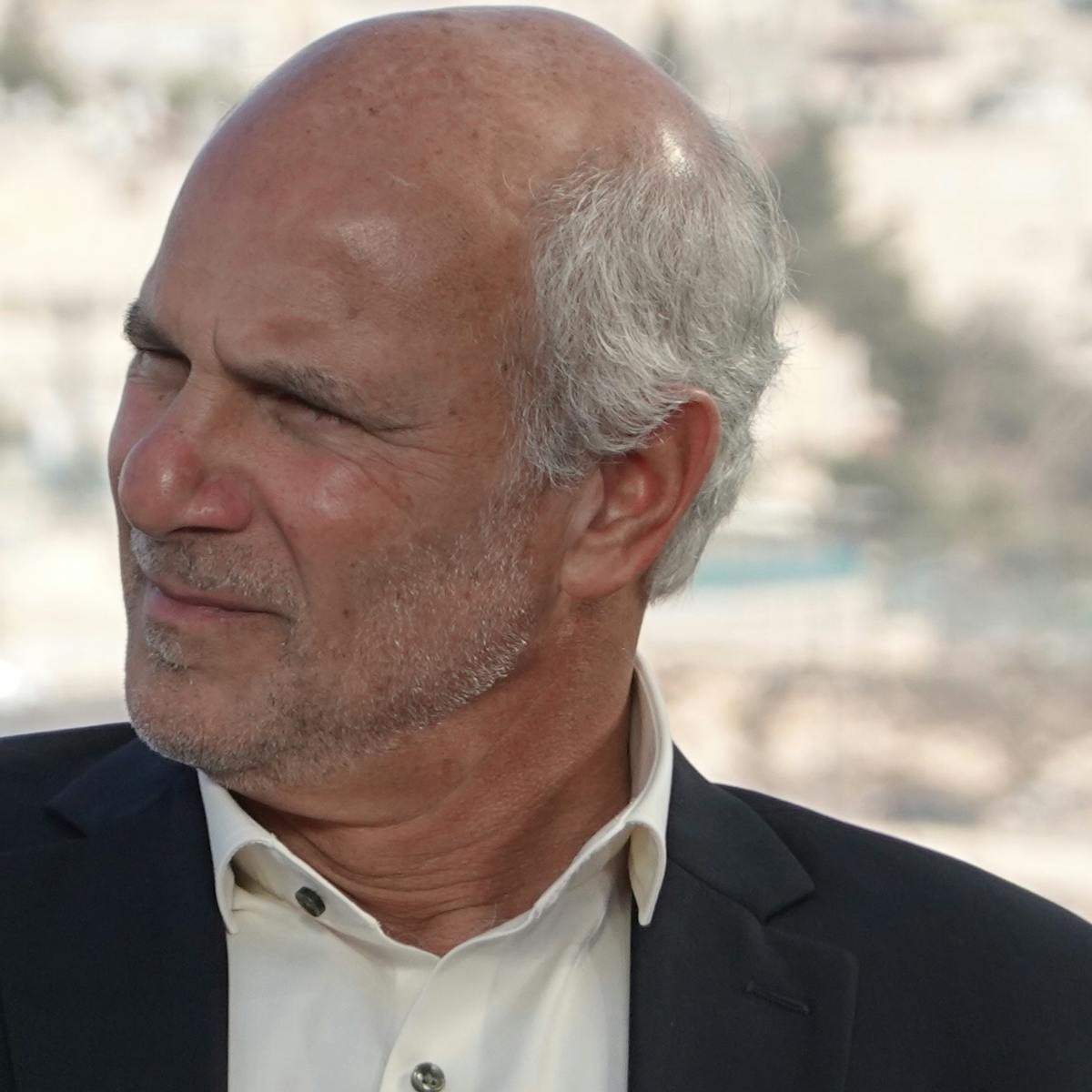Christmas | The Birth of The Messiah in the Holy Land

The Birth of Messiah in the Holy Land
A little over 2,000 years ago, in the small town of Bethlehem just south of Jerusalem, hundreds of Messianic prophecies were fulfilled foretelling the supernatural birth of the Messiah.
The lineage of this baby boy, his family credentials, the exact location of the birth, its timing and the surrounding circumstances were described in detail hundreds and thousands of years in advance through many prophetic promises stretching from Genesis to Malachi. In other words, this birth was the most prophesied event in the Bible.
At the time of his birth, however, the “welcoming party” for God’s Son was small and humble, including only his young parents, a few local shepherds, and Magi who came from a distant land in search of the miraculous event foretold in the stars.
Oh yes, you cannot forget the choir of angels rejoicing in the heavens above, giving us a hint of what was really taking place in Bethlehem that night.
What started as a humble and private birth, matured into a perfectly holy and godly life that was soon sacrificially offered as a payment for the sin of the entire world. The ultimate atonement was freely granted for all who would believe such wonder.
Three days after His crucifixion and burial, upon His resurrection from the dead, a new age was launched for humanity which was no longer based upon perfect obedience to the Laws of God, an impossible task for fallen humans, but rather upon faith and trust in our Heavenly Father’s love, grace and mercy which were freely offered us in His Son’s perfect sacrifice.
This new movement that started in Jerusalem roughly 2,000 years ago was to spread across the whole world as an unstoppable holy fire. It was God’s idea; it fulfilled His own desire and plan to bring mankind into His embrace; and it was empowered by His Holy Spirit.
Christmas Tradition
As time went on, these humble Hebraic beginnings picked up many outward symbols and traditions from the different cultures and nations reached by the good news, most of which are pointing in one way or another to the miraculous birth of the Savior.
Of course, there were not any Christmas tree decorations or holiday delicacies at the Bethlehem manger on that miraculous and distant night, but there sure were angelic choirs singing in the night sky, precious gifts were brought from afar, a great joy, wonder, and thanksgiving were expressed, and of course, there was the miracle baby born to the virgin Miriam! And if that is not enough for a great celebration, we don’t know what is!
And while some question the possible pagan origins of some of those Christmas traditions, there are also valid reasons to permit incorporating traditions from other cultures into our celebrations as long as they are not antagonistic to the Bible’s message or spirit.
Some point to Jeremiah 10 as a warning against decorating a Christmas tree. Yet a careful reading of the passage shows that it specifically addresses fashioning a wooden idol as part of a pagan worship ceremony.
Actually, fir trees (Brosh, in Hebrew) in the Bible are found much earlier than in the Christmas story, and these trees usually speak of eternal life and true worship as we read in the account of David bringing the Ark of the Covenant to Jerusalem and of Solomon building the Temple.
There certainly were pagan festivals around December 25, but ancient sources indicate that the Lord’s early disciples were probably celebrating the tradition of His coming to earth long before Emperor Constantine formalized Christianity as the State religion.
In fact, only in the 4th Century AD was it noted that “Sol Invictus” (the Roman Sun God) was celebrated on Dec 25, and by that time, some scholars argue, due to the growing influence of the Church, “Sol Invictus” was moved to December 25 by the Emperor Aurelian in order to compete with Christianity’s growing appeal.
Of course, there were pagan holidays in December, but there is not any undeniable proof that the early Christian/Messianic community “borrowed” Christmas from their pagan neighbors. In fact, it might have been the other way around.
Zacharias’ (the father of John the Baptist) ministry in the Temple offers us some possible timeline as to the conception and birth of Messiah, as does the remarkable study done by Rick Larson about the “Star of Bethlehem,” its predictable planetary movements and the timing of its arrival to Bethlehem.
Some of these studies point to the miraculous birth occurring during the Fall Feast of Tabernacles, others to Passover.
It is Real
However, whether it is on December 25 or on a different day, the undeniable fact is that the wonder and marvel of the birth of the Savior touches every hungry heart, and this time of year is as good as any to celebrate God’s love in sending us His Greatest Gift, His one and only begotten Son.
While Christmas in Israel is not a national holiday and is not observed by many Messianic Believers, it is nevertheless celebrated joyfully by many Christian Arabs and expats from around the world with many secular Israelis joining in, drawn by the wonder and joy of this very special season.
The point is that Christmas is real! God has sent His Son. It really happened, and it happened here in Israel, in the town of Bethlehem, just a few miles away from where these words are written today. And that is a miracle we are thrilled to share with you.
Merry Christmas to you and yours from Jerusalem.